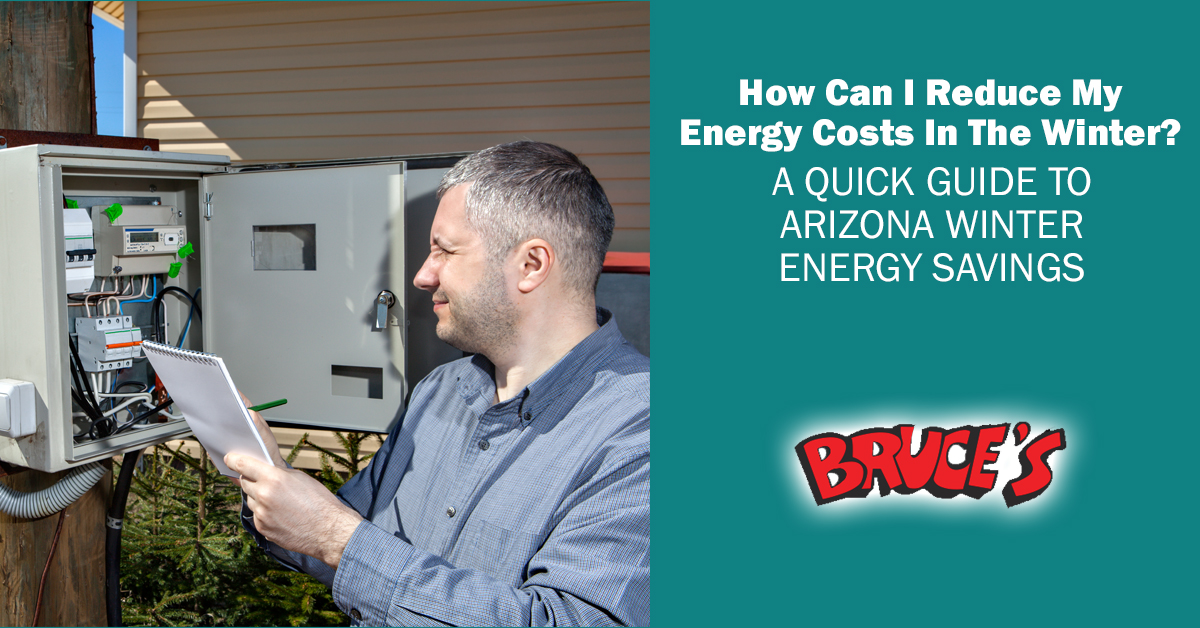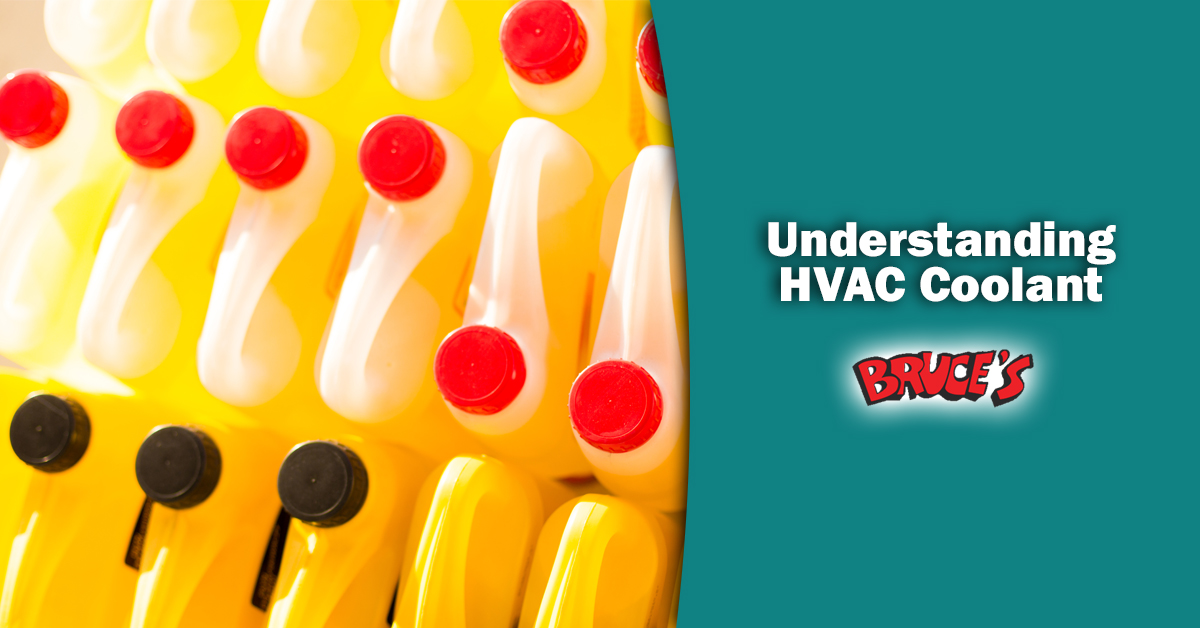 The term “energy management system” refers to the process of monitoring energy usage and improving energy savings in businesses and homes. To put it simply, business and home owners can observe how much energy is being used on site and then implement strategies to decrease this usage.
The term “energy management system” refers to the process of monitoring energy usage and improving energy savings in businesses and homes. To put it simply, business and home owners can observe how much energy is being used on site and then implement strategies to decrease this usage.
There are many benefits to saving energy, including lowering monthly electrical costs and reducing dependency on fossil fuels.
Learn what’s involved in implementing an energy management system.
Factors Involved In An Energy Management System
Monitoring Energy
Energy usage can come from such things as appliances, lights and equipment.
The first step in managing energy is to be aware of how much is being used. You can check your meters weekly or monthly to obtain data regarding your energy usage. This process is rather laborious, however, so a better option is to use interval-metering systems.
These systems automatically record energy usage at specific intervals, such as every 15 or 30 minutes. This data lets you know how much energy is being used at certain times of the day and certain days of the week, which makes it much easier to determine how you can best find ways to save energy.
Controlling Energy
Once you’ve gotten a handle on how much energy is being used and when, you can begin to make changes. You may need to replace old appliances or install time-controlled light switches.
An easy way to lessen energy in an office building is to get employees in the habit of turning off electronics after the workday is completed. You can also install better lighting systems, and replace outdated insulation.
An important way to control energy from heating and cooling systems is to make sure that an empty building isn’t being heated or cooled after workers have gone home, or over the weekend if the offices are closed.
Optimizing Energy
Naturally, when energy is controlled, it is also optimized. However, energy management systems are a process that is ever evolving. It’s important not just to implement measures to lessen energy usage, but also to revisit your usage on a regular basis in order to ensure that nothing has changed.
For instance, sometimes during power failures, heating, cooling and lighting that is on any kind of automated track can reset back to the default. In these instances, you would need to manually reset the system to the desired schedule.
Commercial And Residential Heating And Cooling Solutions
At Bruce’s Air Conditioning & Heating, we offer solutions for both commercial and residential clients, including greater efficiency heating and cooling systems, programmable thermostats and more. Call us now to learn more about the options we have to save you money while keeping you comfortable!
Follow and like us for more heating and cooling tips and information.







 When winter sets in and temperatures start to drop, you can expect your heating bill will go up
When winter sets in and temperatures start to drop, you can expect your heating bill will go up The desire to find the most energy efficient heating and cooling systems has caused many consumers to search the Internet for the latest HVAC units. What most people don’t know is that efficiency also differs in new HVAC systems.
The desire to find the most energy efficient heating and cooling systems has caused many consumers to search the Internet for the latest HVAC units. What most people don’t know is that efficiency also differs in new HVAC systems. A large portion of the household energy bill can be attributed to heating and cooling of the home — especially in the extreme seasons of winter and summer. With the amount of energy that homeowners spend just on air conditioning and heating system energy costs, it only makes sense to search for ways to increase your air conditioner’s efficiency and save more money on monthly energy bills.
A large portion of the household energy bill can be attributed to heating and cooling of the home — especially in the extreme seasons of winter and summer. With the amount of energy that homeowners spend just on air conditioning and heating system energy costs, it only makes sense to search for ways to increase your air conditioner’s efficiency and save more money on monthly energy bills. If you are own an air conditioning system, you’ve probably heard the word Coolant. But, do you know what it is and how it’s used?
If you are own an air conditioning system, you’ve probably heard the word Coolant. But, do you know what it is and how it’s used?



